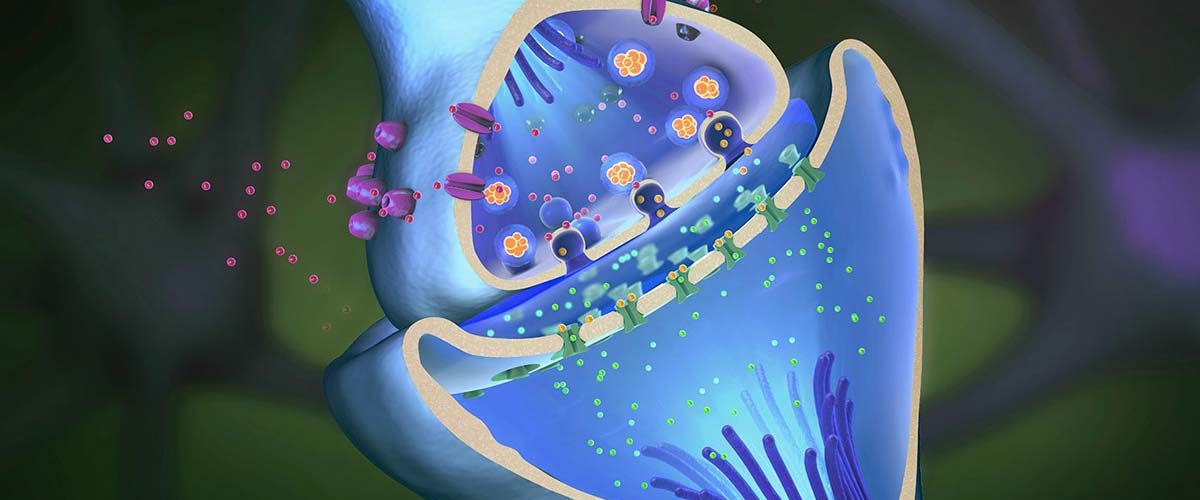Sepsis is termed as a syndrome, which involves organ dysfunction due to disturbance in the body function regulation. Currently, scientists have identified sepsis as a major contributor to the mortality rate worldwide. A study published in The Journal of Infection in Developing Countries discussed the importance of the presepsin protein that determines early conditions for sepsis shock and mortality rate among the patients.
The lead author, UğurKahveci along with his team, collected blood samples of around 106 patients from the emergency department to determine the prognosis of the patients based on three biomarkers; plasma presepsin, procalcitonin and CRP levels. The author stated, “ there are millions of biomarkers, which help in determining early-stage syndromes. Presepsin is a new proposed marker, 13-kDa Glycoprotein that facilitates the clinician to diagnosis the early stage of sepsis.”
The research team observed that approximately 50% of the mortality rate increases with the degree of infection spread. It was reported, “ the gold standard method to diagnose sepsis is efficient but takes time, which imposes health risk for the patient. Thus, clinicians prefer the early diagnosis to initiate immediate treatment to control the mortality rate.”
Previous studies pointed out a rise in the blood presepsin in the early stages of bacteremia and sepsis. To prevent the severity of the conditions, many clinicians opted to use this as a biomarker, which ultimately proved beneficial to control the septic shock. However, the study presented a different set of outcomes.
Ugur reported, “ astonishingly, CRP levels were found to be directly correlating with early diagnosis of sepsis more compared to the presepsin and procalcitonin levels. Thus, we recommend future studies to be perfomed correlating CRP levels and early septic shock diagnosis in order to consider it as a biomarker for sepsis diagnosis.”
















Add comment